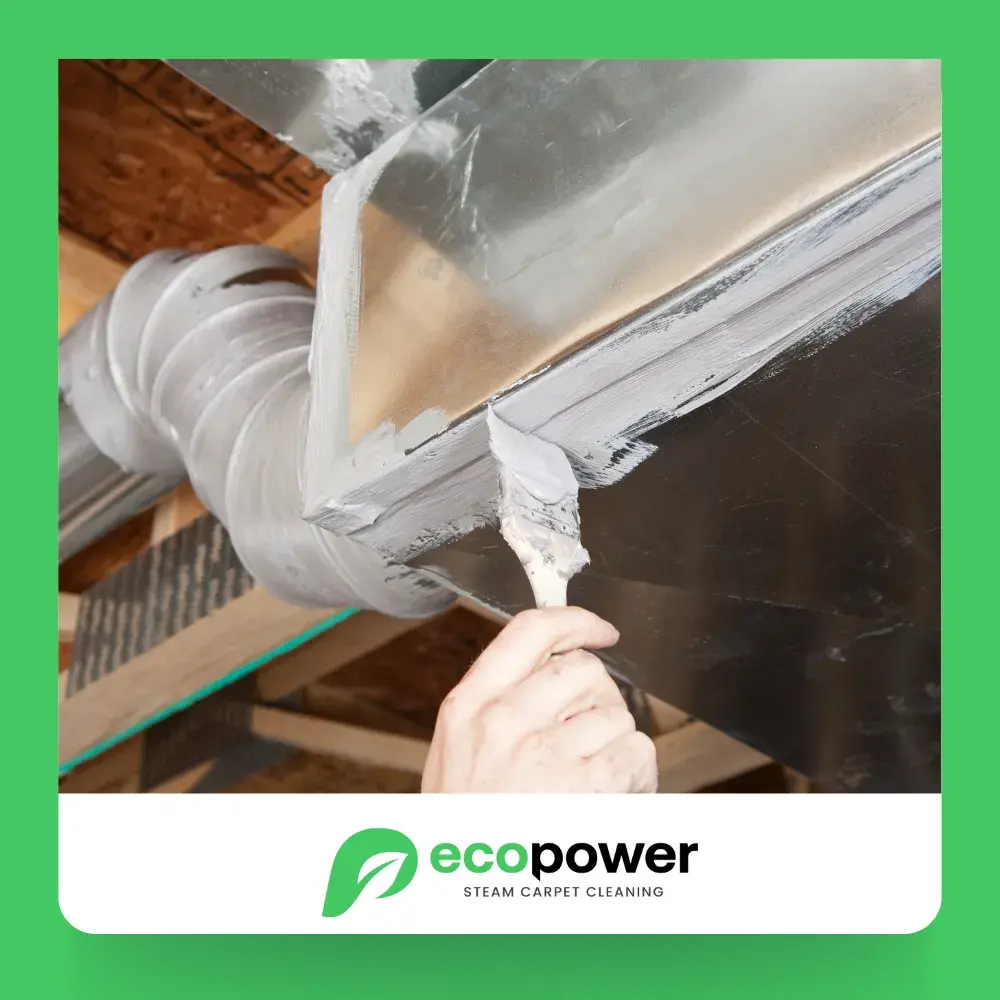The Impact of Leaky Ducts on Energy Efficiency
Over time, air ducts can develop leaks, gaps, or disconnections that allow heated or cooled air to escape. These leaks cause the HVAC system to work overtime to maintain a consistent indoor temperature, leading to higher energy consumption. Air duct replacement eliminates these inefficiencies by installing new ducts that are tightly sealed, preventing air loss. By ensuring that conditioned air reaches its intended destination, homeowners can reduce the amount of energy needed to heat or cool their living spaces, resulting in lower utility bills.
Enhancing HVAC System Performance with New Ducts
A significant benefit of air duct replacement is the improvement in HVAC system performance. When ducts are old or damaged, they can restrict airflow, causing the system to struggle in distributing air evenly throughout the home. New ductwork allows air to flow more freely, ensuring consistent temperatures across all rooms. This improved performance not only enhances comfort but also reduces the strain on the HVAC unit. As a result, the system operates more efficiently, using less energy to achieve the desired indoor climate.
Reducing Energy Waste Through Proper Insulation
The insulation around air ducts plays a crucial role in maintaining energy efficiency. Poorly insulated ducts can lose a significant amount of heated or cooled air as it travels through unconditioned spaces, such as attics or crawl spaces. Air duct replacement often involves updating or adding insulation to minimize this heat loss. By keeping conditioned air at the desired temperature, homeowners can further reduce energy consumption and improve the overall efficiency of their HVAC system. Proper insulation is an essential step toward creating a more energy-efficient household.
Long-Term Financial and Environmental Benefits
While the initial investment in air duct replacement may seem substantial, the long-term benefits make it worthwhile. Lower energy consumption translates into reduced utility bills over time, helping homeowners save money. Additionally, an energy-efficient home contributes to a smaller carbon footprint, making it an environmentally friendly choice. By investing in new ductwork, homeowners not only enjoy the immediate comfort and cost savings but also play a role in promoting sustainable living. These long-term advantages highlight the value of replacing outdated duct systems as part of an overall energy reduction strategy.
Choosing air duct replacement is a practical step toward reducing energy consumption and achieving a more efficient, comfortable home. Addressing issues with leaky or poorly insulated ducts supports sustainable energy use and long-term savings.
Learn More

